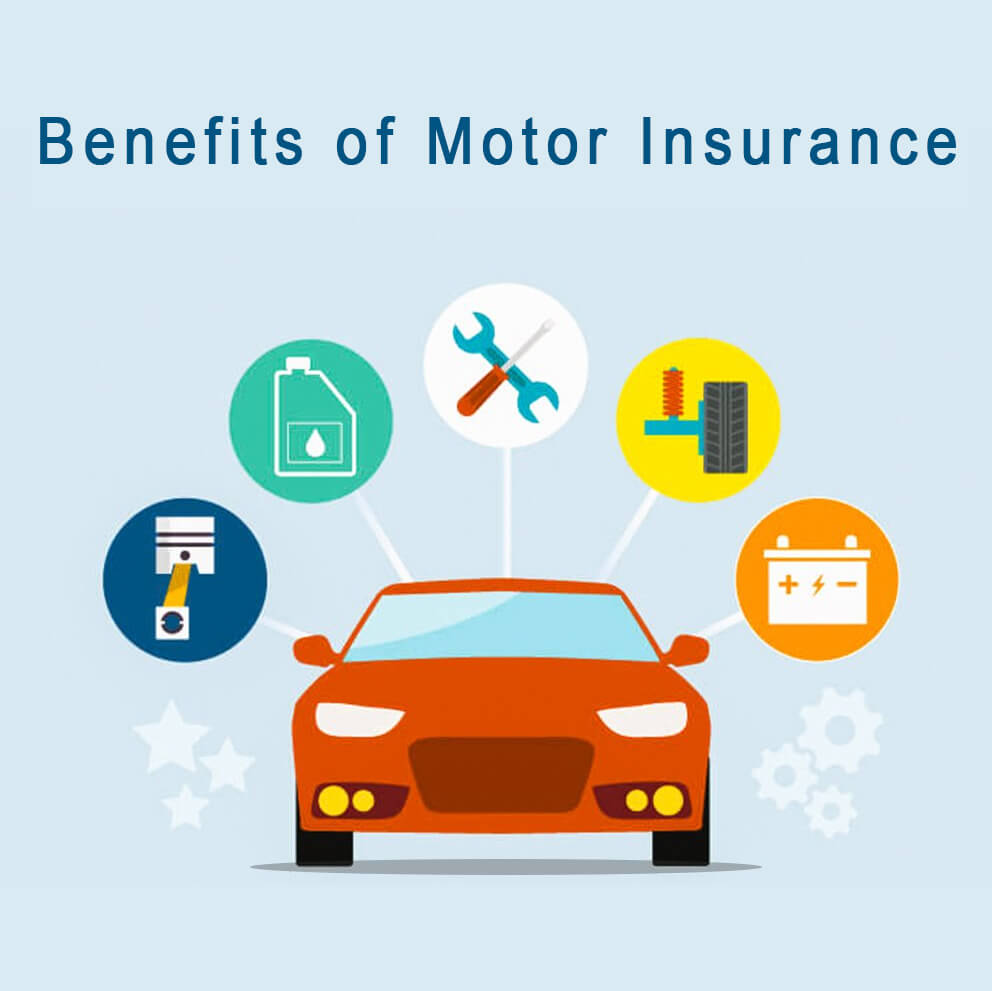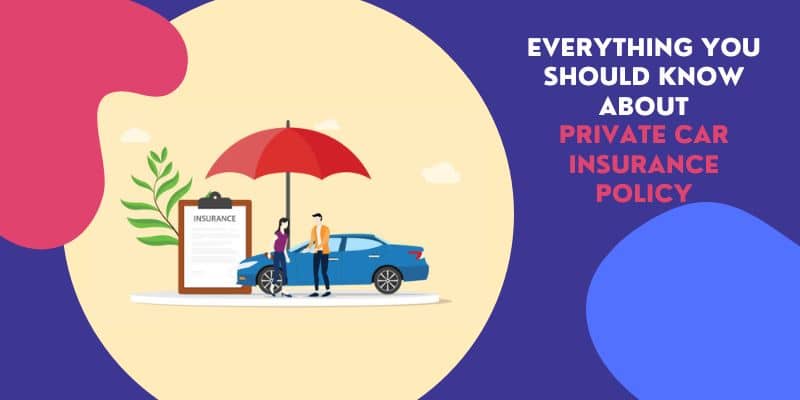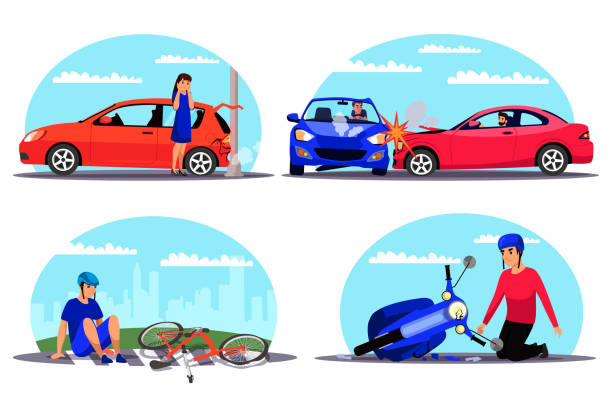Commercial Vehicle Insurance Tips: Navigating the Road to Coverage
In the world of business, vehicles are essential tools for various purposes, from delivering products to providing services. Whether you own a single company car or an entire fleet of vehicles, safeguarding your commercial assets and employees is paramount. This is where commercial vehicle insurance comes into play. In this comprehensive guide, we will explore the ins and outs of commercial vehicle insurance, offering valuable tips and insights to help you make informed decisions and protect your business.

Understanding Commercial Vehicle Insurance
Commercial vehicle insurance, also known as business auto insurance, provides coverage for vehicles used for business purposes. Unlike personal auto insurance, which covers personal vehicles, commercial auto insurance is tailored to address the unique needs and risks associated with commercial activities. These policies can vary significantly in terms of coverage, so it’s crucial to understand your options.
Types of Commercial Vehicle Insurance
Liability Insurance:
This is the most basic form of commercial auto insurance, and it covers bodily injury and property damage that your vehicle may cause to others in an accident where you are at fault.
Collision Insurance:
Collision insurance pays for damages to your commercial vehicle in the event of an accident, regardless of who is at fault.
Comprehensive Insurance:
Comprehensive coverage is designed to protect your vehicle from non-collision-related incidents, such as theft, vandalism, natural disasters, and more.
Uninsured/Underinsured Motorist Coverage:
This type of insurance ensures that you are protected if you are involved in an accident with a driver who lacks sufficient insurance coverage.
Medical Payments Coverage:
Medical payments coverage helps pay for medical expenses for you and your passengers in the event of an accident.
Cargo Insurance:
If your business involves transporting goods, cargo insurance can cover damages to the products you’re carrying.
Rental Reimbursement:
This coverage option reimburses you for the cost of renting a replacement vehicle while yours is being repaired after an accident.
Non-Owned Auto Insurance:
If your employees use their personal vehicles for business purposes, this coverage provides protection for your business in case of accidents.

Tips for Choosing the Right Commercial Vehicle Insurance
- Assess Your Needs: Start by evaluating your business’s specific needs and the types of vehicles you use. Different industries and vehicles may require varying levels of coverage.
- Shop Around: Don’t settle for the first insurance quote you receive. Compare policies and rates from multiple insurance providers to find the best deal.
- Consider Bundle Discounts: Some insurers offer discounts if you bundle commercial vehicle insurance with other types of business insurance, such as general liability or property insurance.
- Review Coverage Limits: Ensure that the coverage limits align with your business’s assets and potential liabilities. Inadequate coverage could leave you vulnerable to financial risks.
- Understand Exclusions: Pay close attention to policy exclusions and limitations. Be aware of what is not covered, and consider adding endorsements or riders to address specific risks.
- Driver Screening and Training: Implement a rigorous driver screening and training program to reduce accidents and maintain a clean driving record, which can lead to lower premiums.
- Maintain Vehicle Safety: Regular vehicle maintenance and safety features can lead to reduced insurance costs. Install GPS tracking and anti-theft devices to mitigate risks.
- Consider Deductibles: Evaluate your deductible options. A higher deductible can lower your premium but also means you’ll pay more out of pocket in the event of a claim.
- Review Your Policy Annually: As your business evolves, so do your insurance needs. Review your policy annually and make adjustments as necessary.
Reducing Insurance Costs
- Fleet Management: Implement a fleet management system to monitor vehicle usage, maintenance, and driver behavior, which can lead to reduced insurance costs.
- Driver Safety Programs: Offer incentives for safe driving and provide regular safety training for your drivers.
- Safe Vehicle Selection: Choose vehicles with strong safety records and features, as this can lead to lower premiums.
- Maintain a Good Claims Record: Minimize the number of claims by emphasizing accident prevention and safe driving practices.
- Increase Security: Invest in security measures, such as surveillance cameras and alarm systems for your commercial vehicles, to deter theft and vandalism.
Conclusion
Commercial vehicle insurance is a critical component of protecting your business and its assets. Understanding your coverage needs, shopping wisely for insurance providers, and implementing risk-reduction strategies can help you secure the right coverage at the best possible price. By following the tips and guidelines outlined in this guide, you’ll be well-equipped to navigate the complexities of commercial vehicle insurance and safeguard your business against unexpected challenges on the road. Remember that consulting with an insurance professional can provide personalized insights and recommendations tailored to your unique situation.


